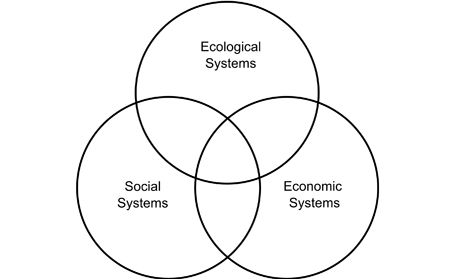-
Chapters from the paperback
- Introduction
- Ecocriticism
- Optimisation
- Grounded Economic Awareness
- Advertising Awareness
- Transition Skills
- Commons Thinking
- Effortless Action
- Permaculture Design
- Community Gardening
- Ecological Intelligence
- Systems Thinking
- Gaia Awareness
- Futures Thinking
- Values Reflection and the Earth Charter
- Social Conscience
- New Media Literacy
- Cultural Literacy
- Carbon Capability
- Greening Business
- Materials Awareness
- Appropriate Technology and Appropriate Design
- Technology Appraisal
- Complexity, Systems Thinking and Practice
- Coping with Complexity
- Emotional Wellbeing
- Finding Meaning Without Consuming
- Being in the World
- Beauty as a Way of Knowing
- Citizen Engagement
- Re-Educating the Person
- Institutional Transformation
- A Learning Society
- Additional chapters
- Interviews
Home » The Handbook of Sustainability Literacy » Chapters from the paperback » Systems Thinking
Systems Thinking
Systems Thinking: the ability to recognize and analyse the inter-connections within and between systems. Glenn Strachan, International Research Institute in Sustainability, University of Gloucestershire
____________________
The formal education experience of most learners could be summarised as moving from a multi-disciplinary approach in their early years, grounded in their limited experience of the world, through to an increasingly reductionist experience in which they become more specialised and less prepared for the inter-connected complexity of the world in which they have to live and work. This is a gross generalisation, but it does partly explain some of the unsustainable activities that have had such a detrimental impact on the natural systems of the Earth. In particular it helps to account for the large catalogue of examples of good intentioned solutions to problems having unforeseen consequences and resulting in greater problems than the one that was trying to be solved.








